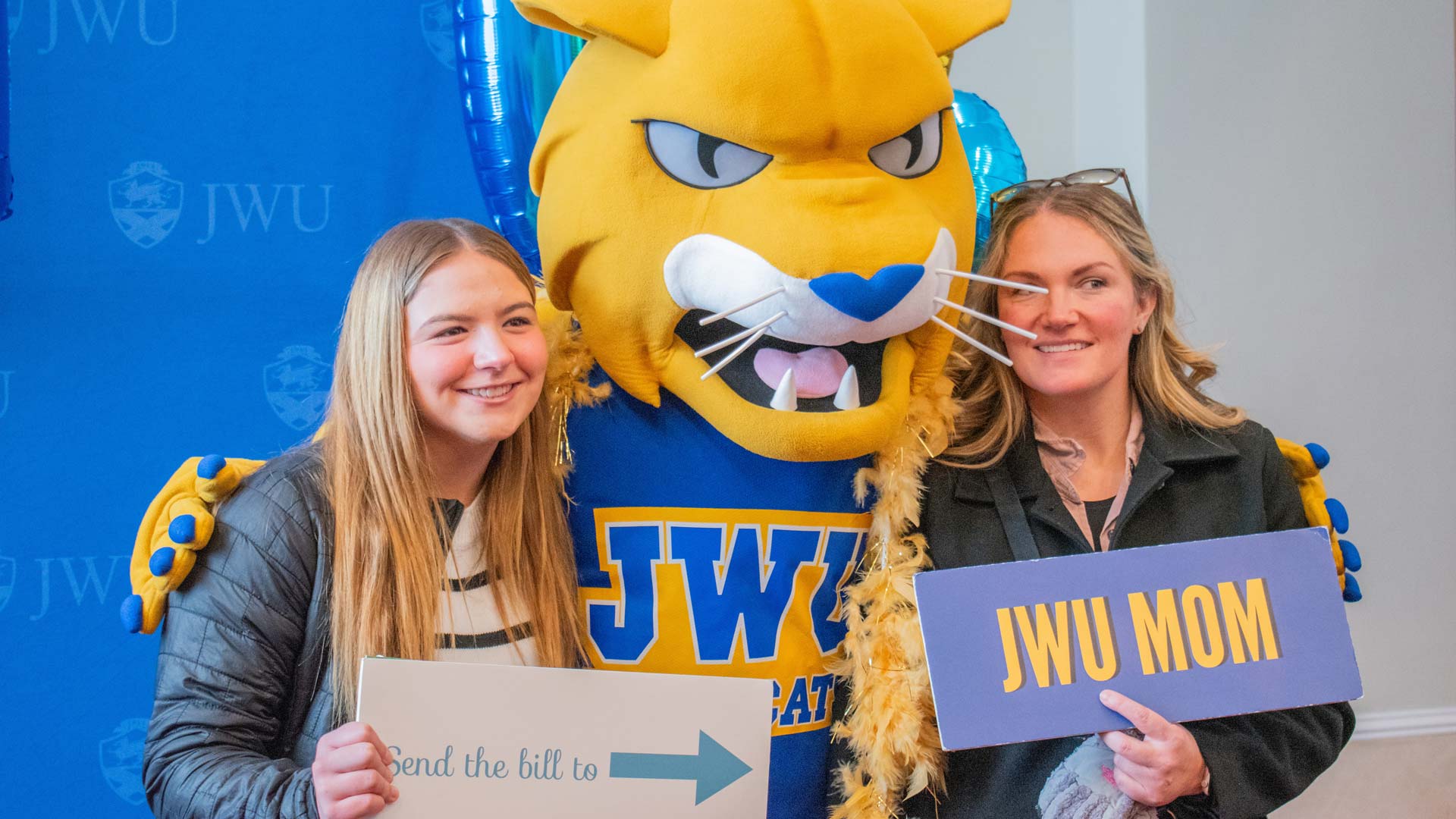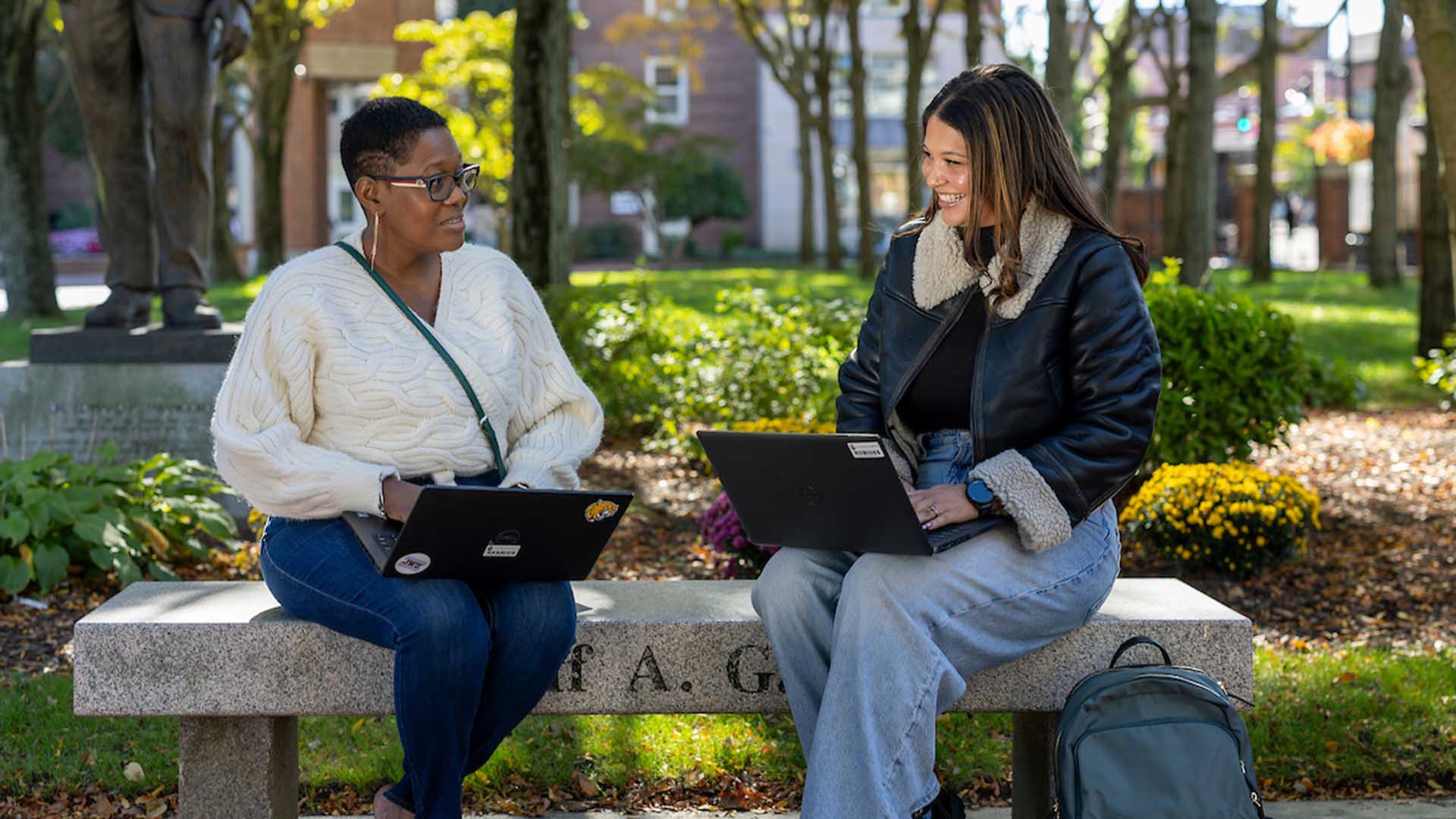Interesting Reasons Why Psychology is One of the Most Popular Degrees
December 2022 Update: The 3+2 program has undergone a name change to Accelerated B.S./M.S. Details are below.
Psychology has become one of the most popular majors among college students, as it provides them with the opportunity to further their degrees and explore a variety of career paths.
According to the U.S. Bureau of Labor Statistics, psychology jobs are expected to grow at 8% from 2020-2030. Due to COVID-19’s effect on mental health, many specialty careers, such as clinical and counseling psychologists are expected to grow even quicker. Additionally, now more than ever, there is an increased awareness of how mental health affects learning which is leading to a demand for school psychologists.
If you’re considering studying psychology, continue reading to learn some surprising reasons why you might want to pursue a psychology degree.
Psychology Degrees Offer a Variety of Specialty Areas
A psychology degree provides students with the unique opportunity to navigate a variety of specialty areas. As students gain more experience learning about a particular area in psychology, it provides them with a clearer vision of what career they’d like to pursue.
Some of the specialty areas include:
- Abnormal psychology
- Social psychology
- Health psychology
- Cultural psychology
- Forensic psychology
- Clinical psychology
Psychology is one of the most versatile majors, allowing students to gain a wide range of skills and flexibility with their career paths. Psychology graduates learn effective written and oral communication skills, how to evaluate and analyze data, and ways to enhance their problem-solving abilities, which can even lead to careers outside the realm of psychology.
Studying Psychology Helps You Understand Yourself & Others
Psychology courses provide insight into human behavior which help students gain a deep understanding of themselves and others. Students also learn about the complex relationships between human behavior and the world in which we live, how culture impacts us, what motivates us, how our personalities influence our daily actions, and so much more.
Many psychology majors learn a lot about themselves during their studies, including what type of personality they have and how it contributes to their behavior, what drives them, and how they relate to their environment. Through these findings, many psychology graduates gain a deep sense of empathy and thoughtfulness which helps them in their careers and personal connections.
You Can Positively Affect Someone’s Life as a Licensed Psychologist
Every career in psychology helps with human development in some way, making this one of the most fulfilling careers. Depending on which degree is pursued, psychology graduates can go on to excel at a myriad of careers such as a Clinical Psychologist, Cognitive Psychologist, Counseling Psychologist, and an Educational Psychologist.
Take a look below to explore how different types of licensed psychologists can make a positive impact.
- Counseling Psychologists provide psychotherapy to patients with emotional and behavioral difficulties which improves their sense of well-being and self-confidence.
- Clinical Psychologists typically work in medical settings and develop treatment plans for patients experiencing psychological distress.
- Educational Psychologists may work on creating teaching techniques, research how children learn and retain information, and help students with ADHD or dyslexia.
- Addiction Counselors work closely with patients to help them understand and overcome their addiction.
- Behavioral Psychologists provide patients with treatment plans for issues such as anxiety, depression, trauma, and aggression. These psychologists use behavior-modifying techniques to prevent further destructive behavior and promote a more positive lifestyle.
Since there are a variety of specialties you can concentrate on in psychology, this leads to numerous career opportunities, all of which provide a positive impact.
Psychologists Can Create Flexible Work Schedules
Psychologists not only have a fascinating and rewarding career, many have the option to create their own schedule, especially if they have their own private practice. The U.S. Bureau of Labor Statistics details that 27% of psychologists are self-employed which allows them to set their own schedules and accommodate their clients on evenings and weekends.
As a psychologist, there’s also the opportunity to work in a private practice part-time while working full-time somewhere else. In order to launch a private practice, psychologists should have a degree and the necessary licenses, along with strong business and problem-solving skills, financing resources, and preparation for future growth.
Earning a Psychology Degree at JWU
JWU offers a bachelor’s degree in Psychology program at both our Charlotte, NC and Providence, RI campuses. In this program, JWU students gain career-related knowledge and use experiential learning to help prepare them for professional success.
Some of the psychology courses offered at JWU included:
- Developmental Psychology
- Introduction to Neuropsychology and Psychopharmacology
- Introduction to Professional Issues and Ethics in Psychology
- Research Seminar in Psychology
Upon completing this program students can enter the workforce or enter graduate school to prepare for a career that requires a master’s.
Learn About JWU’s B.S. Psychology Degree
Browse JWU’s Psychology Courses
Bachelor’s to Master’s Psychology Program
JWU’s Accelerated program provides students with the opportunity to fast-track their bachelor’s in psychology and master’s in addiction counseling or clinical mental health counseling.
Explore Combined Degrees at JWU
Students who qualify for this unique option will be able to enroll in 4 core counseling graduate courses during senior year that will count toward the Psychology bachelor’s degree.



